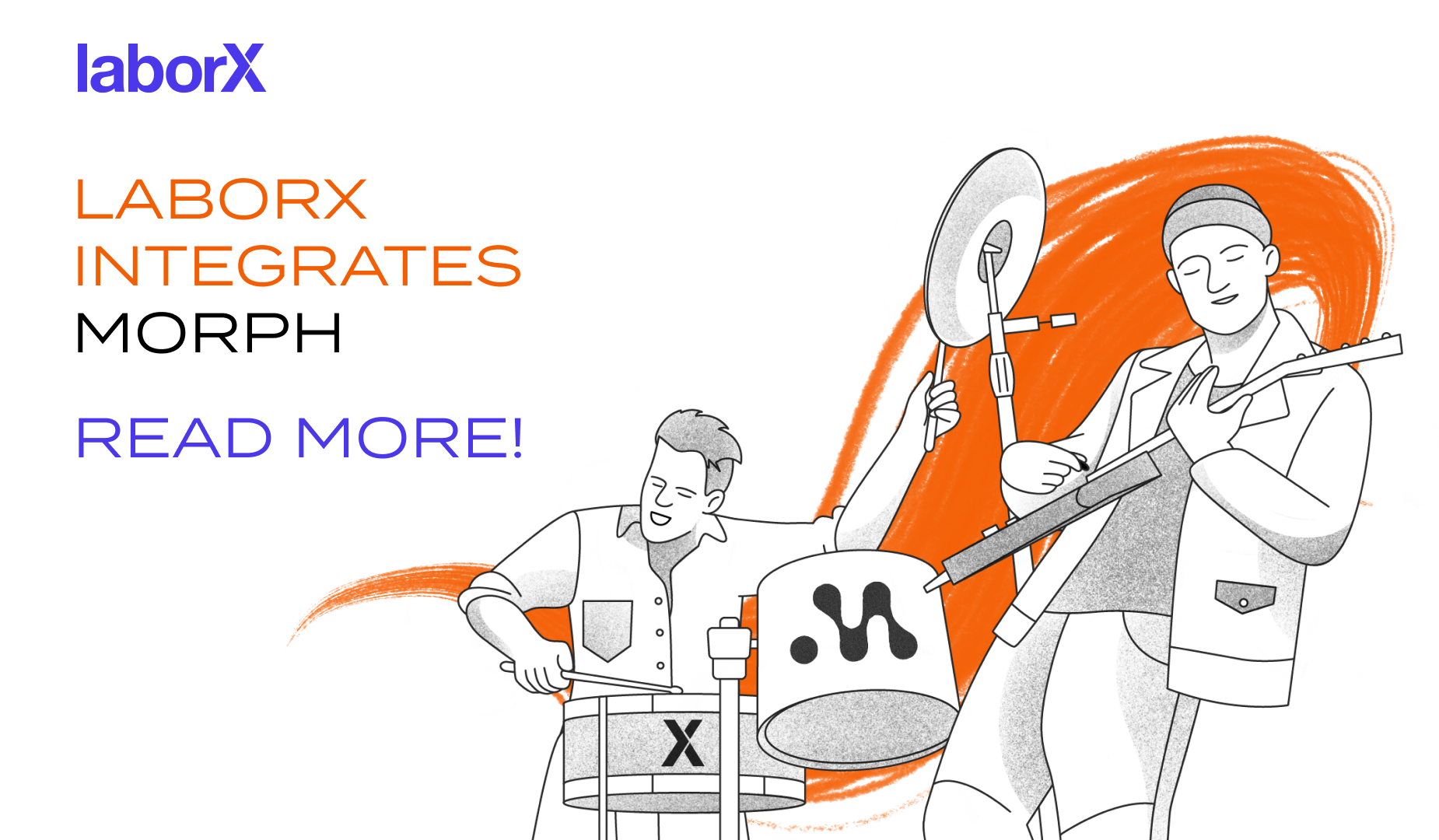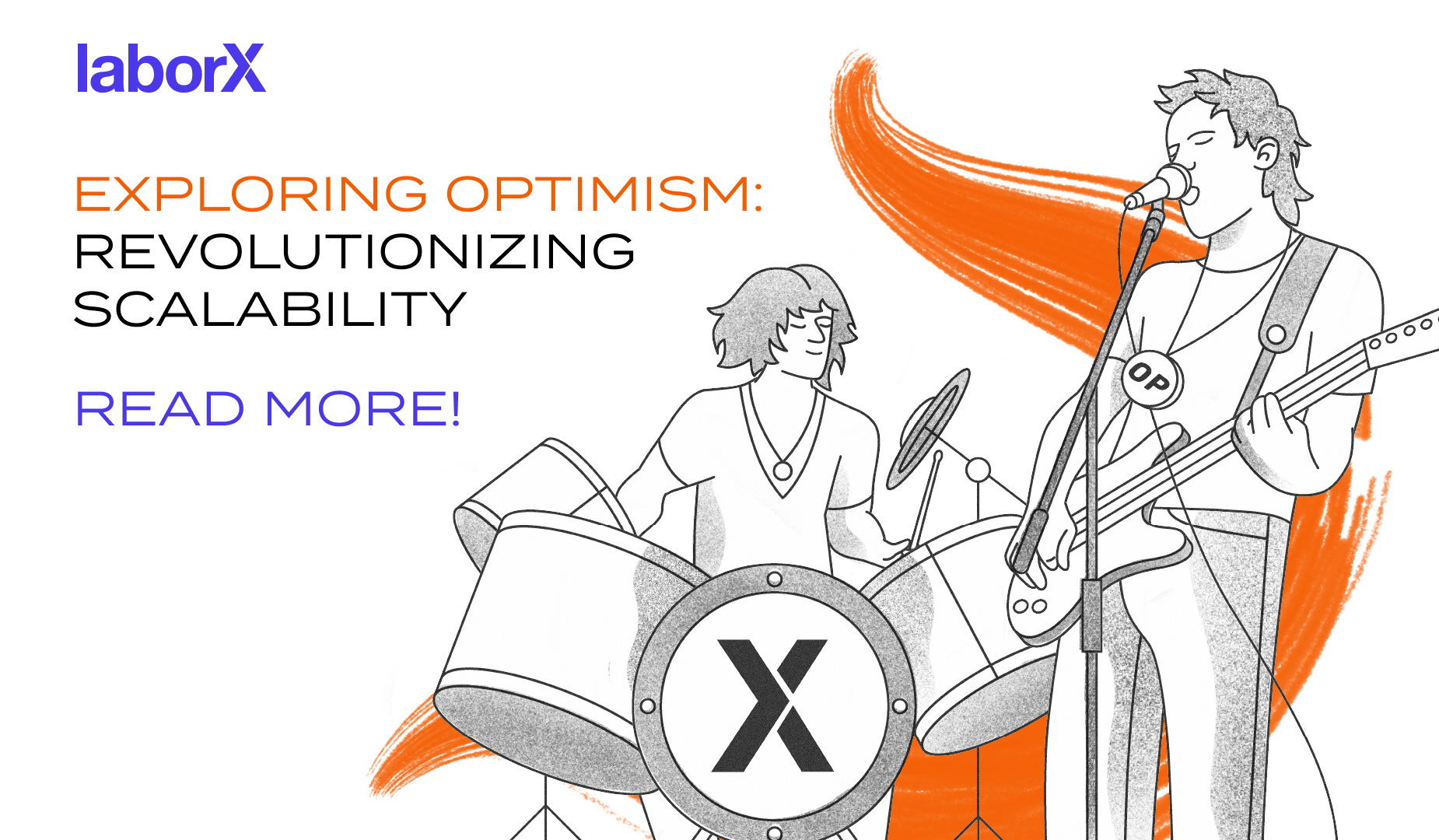The metaverse is one of the most exciting narratives to come out of the blockchain sector in recent years. While the metaverse takes many different forms, and there’s no clear agreement on what it is, “metaverse” is essentially just a kind of catch-all term for online worlds that place an emphasis on social interaction, with immersive user experiences and detailed, lifelike graphical interfaces and avatars.
Metaverses include well-known blockchain games but also more general environments that prioritise user-generated content, and allow users to meet, talk, and engage with each other, just as they would in person. These open, customisable platforms are attracting a huge amount of attention, and an increasing number of brands are establishing a presence in one or more online worlds.
Built on Web3, metaverses use blockchain, cryptocurrencies and NFTs to give users control over their personal data and any value they generate or earn. In short, they seek to recreate a wide range of real-world experiences online – but are almost infinitely flexible and customisable.
Is The Metaverse Our Future?
The concept of the metaverse was originally articulated by science fiction author Neal Stephenson in the 1992 book Snow Crash, which described a parallel online world that users accessed through virtual reality glasses. A large amount of life – business, entertainment and recreation – took place in the metaverse, which was the primary way that people used the web.
In other words, the metaverse was simply an evolution of the internet, with a wider range of available activities and more intuitive, life-like interfaces. Viewed like this, the metaverse isn’t some speculative possible future – it’s the most natural and obvious way for online services to develop.
The first generation of the internet was slow, text-heavy, and complicated; only a few people with specialist knowledge could chat on bulletin boards, and later use email and create simple websites. Faster broadband connections and better user interfaces saw millions more people onboarded, and the rise of popular platforms like Google and Facebook. Later still, smartphone apps allowed anyone to access all of this functionality from a device they carried with them all the time.
Still, we have a way to go before using the web is as natural as having a conversation in real life. But with higher bandwidth, more processing power, more detailed graphics, augmented and virtual reality, and decentralised technologies, we’re moving towards a point where the interfaces that popularised the internet will start to look as outdated as the command line prompts of 30 years ago do today.

Can You Really Make Money In The Metaverse?
A vast amount of resources and money are being poured into making the metaverse a reality. If you need any convincing of this, simply take a look at the corporations that are investing in metaverse applications and technologies. Facebook, one of the most valuable companies of the Web2 world, has gone so far as to rebrand as Meta, recognising just how important this shift is going to be. As CEO Mark Zuckerberg explained in October 2021, at the height of the crypto bull market, ‘We believe the metaverse will be the successor of the mobile internet. We’ll be able to feel present – like we’re right there with people no matter how far apart we actually are.’
Microsoft’s vision of the metaverse has centred on its Teams platform, with a focus on ‘the ability to bridge the digital and the physical worlds’ and gaining insights from data using AI, rather than the gaming use case that has generally been the emphasis to date. Again, though, that life-like, ‘in person’ interaction is key.
Global investment bank Citi recently estimated that the metaverse could be worth between $8 trillion and $13 trillion by 2030, with as many as 5 billion users. ‘We believe the Metaverse is the next generation of the internet — combining the physical and digital world in a persistent and immersive manner… A device-agnostic Metaverse accessible via PCs, game consoles, and smartphones could result in a very large ecosystem.’
It’s not just Web2 corporations that are taking an interest, though. There are hundreds of smaller and grassroots efforts to build metaverses of one kind or another, from small blockchain games to extensive fantasy universes. And just like any other tech business, that takes expertise to build and market. The metaverse is big business.
What Jobs Are There In The Metaverse?
There are a wide range of different jobs available in the metaverse sector, with the companies and organisations that are creating these next-generation online worlds. Many of the skills required are transferable from other jobs in related or different areas. Below are some of the most sought-after roles for those looking to find a job in this new and exciting field. (In addition, there are many ways to generate income as a user within the metaverse itself, including building, customising and selling virtual properties, renting out land, creating games and art, setting up online stores, and more, but this is beyond the scope of this article.)
3D designers
Graphics are key to the metaverse. While conventional web apps rely on slick user interfaces, metaverse applications go a step further. Even when they’re not literally games, they’re more like playing a game than logging into a regular web service. Avatars, buildings, scenery, objects – it’s all there as part of a life-like UX.
That means designers have a critical role to play in creating the metaverse. Your background might be in game design, 3D design, digital art, or related fields, but one way or another there will be a place for you. You could be working on a fantastically detailed sci-fi world or creating a representation of a building that would be at home in any major city of the world; you might be coming up with bizarre new flora and fauna, or putting together pixel art to act as profile pictures (PFPs) for users to display across social media.
Every metaverse project, by its very nature, will be graphics-heavy – so if that’s part of your skillset, you’re already well positioned to find work.
Software Engineers
Just like any other piece of software, metaverse applications require developers and software engineers. These can be hugely ambitious projects with large teams of devs working on different aspects of them, and utilising a wide range of skills and technologies.
Depending on what element of the metaverse you’re working on, it will help to have (alongside general programming skills in popular languages like Python and JavaScript) knowledge of one or more game engines and XR SDKs (where XR is a catch-all term for Virtual, Augmented and Mixed Reality); decentralised technologies, including blockchain (see further below); game design; AI and data science; and more.
Hardware Engineers
Neal Stephenson’s original depiction of the metaverse involved most people accessing the digital world using virtual reality glasses. Today, a few metaverse applications require the use of VR headsets, but these immersive worlds are generally visited via laptop and desktop computers. Smartphone and tablet apps are used, but the smaller screens necessarily restrict the UX. Conversely, the portability of these devices and built-in cameras lend themselves more to AR, with information superimposed on reality (Pokemon Go being a good example of a metaverse-like game).
While immersive VR is the ideal, the hardware has not kept pace with the development of other metaverse technologies. Lightweight, responsive AR/VR glasses and other interfaces do not yet exist to the specifications, quality and cost that will make them a common feature of the metaverse. Hardware engineers are steadily chipping away at this problem, though, with some big businesses backing the tech that will power a VR-driven metaverse.
Blockchain Engineers
Despite the efforts of some big Web2 corporations like Facebook, the most promising versions of the metaverse are being built on Web3, using decentralised technologies. Blockchain is one of the core elements of the metaverse, enabling users to create, earn and trade digital currencies, and NFTs that represent unique items, from avatars to in-game objects. Blockchain also underpins smart contracts: code that runs trustlessly and transparently, without the possibility of intervention from any centralised parties.
Blockchain is what allows metaverse developers to build open economic systems that anyone can access. It’s absolutely fundamental to creating, storing and trading value in the metaverse, efficiently and securely. That’s why blockchain developers have a bright future in this sector: they are as indispensable as the designers who create the lifelike UIs.
Areas of expertise that are in demand may include using APIs to access blockchain data and connect the user interface with the blockchain; blockchain architecture (i.e. building the underlying chains themselves); and smart contract programming, or writing code that executes automatically, enforced by the blockchain network.
Metaverse Marketing Manager
Metaverse applications are just like any other software apps: they need marketing to bring in new users and compete in a marketplace that, while not yet crowded, is getting busier by the day. How does one platform stand out against the rest? Or, alternatively, how do you project a brand within the metaverse – a whole new arena for customer engagement?
Metaverse marketing managers will need to be familiar with digital marketing strategies, including social media marketing. But they will also need to understand how they can use the metaverse itself to fulfil their aims, and work with a team to create a suitable presence in the online world.
Community Managers
Because the metaverse is an inherently social technology, these apps attract large and active communities of users who will want to interact with each other and with the organisation that launches the software. These communities can be a project’s biggest asset: they are users, but they can also be testers, the first line of customer support for those who have questions, and some of the platform’s biggest advocates. In short, they are a huge and enthusiastic resource ready to be tapped, and they typically won’t require paying – helping in various ways is part and parcel of the user experience, and being included in an exciting initiative.
However, a poorly-managed community can quickly turn into a major problem. Unchecked FUD (fear, uncertainty and doubt), rumours, misinformation and trolling can make a community a toxic place for everyone, discouraging newcomers and investors, and undermining any top-down efforts to take the project forwards. Hence community managers are one of the most important roles in the metaverse space. They help answer queries, provide information, keep conversations on track, and moderate discussions that risk becoming offensive or unhelpful.
Metaverse Cybersecurity
Online security should be a priority at the best of times, but when you’re dealing with users’ funds, it’s absolutely paramount. Metaverses incorporate blockchain technology to enable users to have full control over the digital currencies and tokens they own, including the NFTs that can represent characters and avatars, land, and various items. This lays an additional responsibility at their feet – and at the feet of those who create the metaverse, since if the platform is insecure or has a confusing UX, users stand to lose significant amounts of money. One of the largest hacks in the blockchain world occurred in the ecosystem of Axie Infinity, a well-known metaverse game. Around $600 million in tokens was stolen from the Ronin bridge, which allows users to transfer funds into and out of Axie Infinity, due to poor security practices on the part of the development team.
Cybersecurity experts play a critical role behind the scenes in preventing these kinds of exploits – though assuming they do their job well, you shouldn’t hear too much about them.

How To Get A Job In The Metaverse
There are a few ways to go about looking for a job in the metaverse. It’s now mainstream enough that you can make a start using traditional sites like LinkedIn, which will list numerous vacancies.
Alternatively, you might prefer getting involved directly with one or more of the many initiatives springing up from the grassroots. Many Web3 projects build communities in Discords or other social media groups, which is where you’ll be able to find out what skills are needed to help out and potentially join the team on a long-term basis. As with any job, make sure your portfolio is up-to-date, so you have examples of your work to showcase what you can offer.
Required Skills For Jobs In The Metaverse
The wide range of roles available means there are few specific skills you’ll need to get a job in the metaverse, though developers and graphic designers will always be needed, as well as those with marketing and communications experience.
Beyond that, you should bear in mind that you’ll probably be working remotely, and with team and community members spread around the world, so be prepared to be active outside of regular office hours. Because a lot of communication will happen online, and potentially across cultures and languages, there can be scope for misunderstandings, so some soft skills won’t go amiss. You’ll also need to be good at motivating yourself, taking the initiative, and likely working without clear direction on occasion – the blockchain world tends to attract self-starters who are happy to work hard to build amazing new products.
Conclusion
The metaverse is a fast-moving and exciting new space to work in, with some fantastic opportunities for those who are prepared to put in the work and help pioneer this new iteration of the web. Investment is pouring into metaverse platforms from major corporations, VC funds, and from smaller self-funded startups, and so it looks set to be an area that will resist the downturn that is threatening the wider economy. If you’re already active in the blockchain space, or in relevant industries like gaming, then there’s a good chance you’ll be able to find work with a metaverse project.





